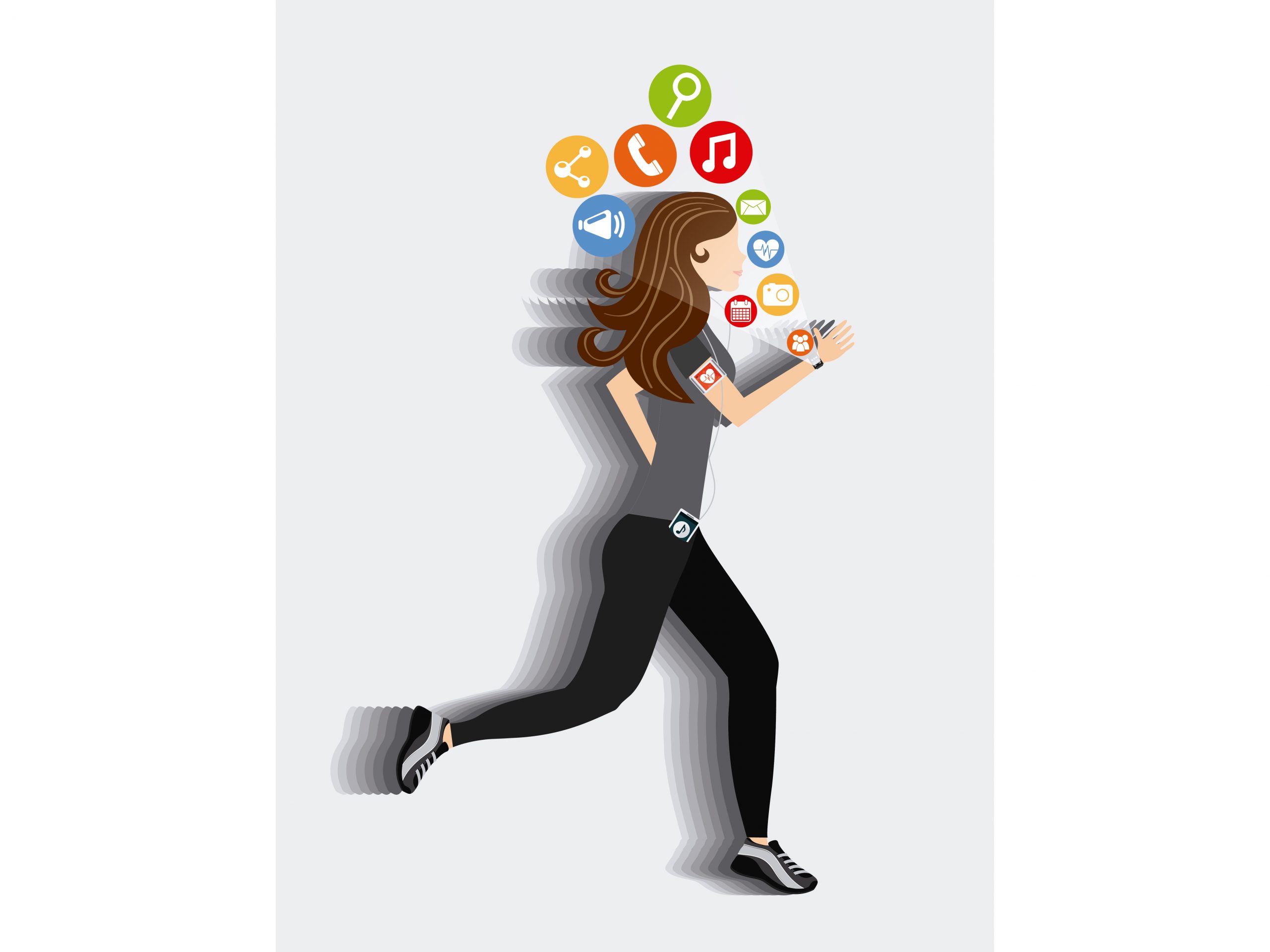
Tech meets fitness: The revolution of fitness tracking apps
Gone are the days of measuring our heart rate by hand, to ensure we’re in optimal condition during our workout. Nowadays, there are many fitness tracking apps to provide us with comprehensive data about our health and fitness progress at the push of a button.
From fitness planner apps to wearables, there’s something for everyone who wishes to take their exercise routine further. But what’s the technology behind the fitness tracking apps revolution, and is there a market for it?

What cybersecurity can learn from health and wellness
The current cyberthreat landscape can feel like a dark cloud hanging over the head of every organization, the same way Covid loomed over us for so long. But just as advances in health have offered light at the end of the tunnel for the pandemic, new approaches to cyber wellness can help us stay healthy and secure in the digital realm.
By taking proactive measures to ward off digital diseases like ransomware, and fighting off any infections that do occur through individually tailored therapies and treatments, we can go about our business with confidence, feeling and performing our best.

Healthcare organizations face increased risk
Healthcare organizations and patients are facing greater risk as an increase in connected devices creates an expanded attack surface according to a new report.
The study from asset management and security platform Armis surveyed 2,000 patients and 400 healthcare IT professionals across the US and shows a disconnect between the concerns of the two groups.

Who wants to be a cyborg? Quite a lot of people it seems
Would you be willing to have technology implanted in your body? A survey by marketing and communication tool Tidio reveals the extend to which people are open to 'biohacking'.
More than 75 percent of respondents say they are willing to implant a microchip for health monitoring, and 57 percent are eager to go further and transfer their consciousness to a machine or a different body and live forever as cyborgs.
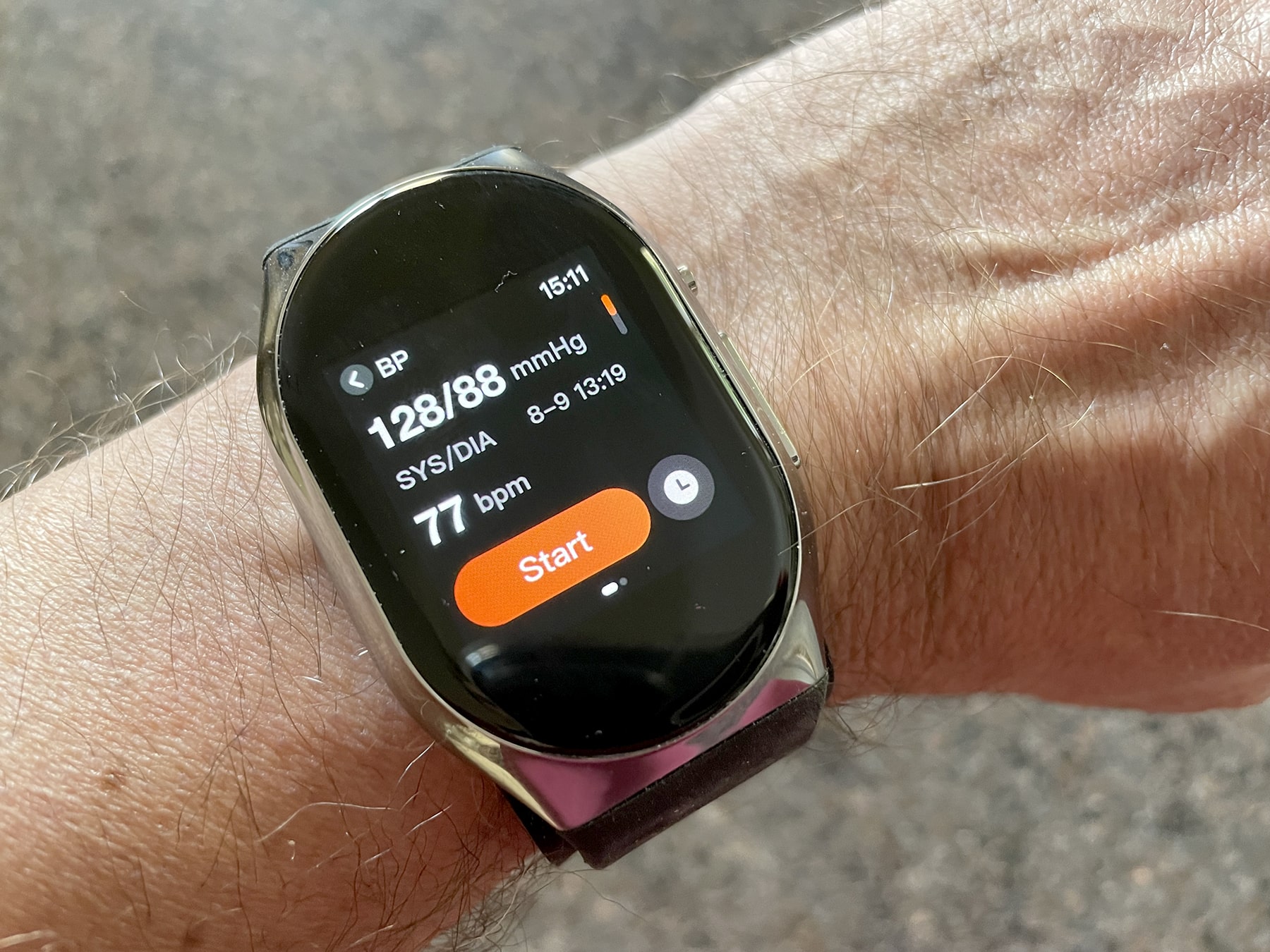
YHE's BP Doctor Smart Watch measures your blood pressure with an inflatable wrist band [Review]
Although my Apple Watch is capable of doing a lot of things, such as delivering messages and letting me reply to them, reporting on the weather, and controlling my music, it’s the many health functions I get the most from.
BP Doctor Smart Watch is much more affordable alternative to the Apple Watch that offers a wealth of similar health monitoring tricks, including recording your heart rate and blood oxygen levels, sleep time and HRV (Sleeping Heart Rate Variability), activity (outdoor walking, and indoor or outdoor running) and calories burned. It also has another impressive ability, and one that gives the device its name -- it can record your blood pressure.
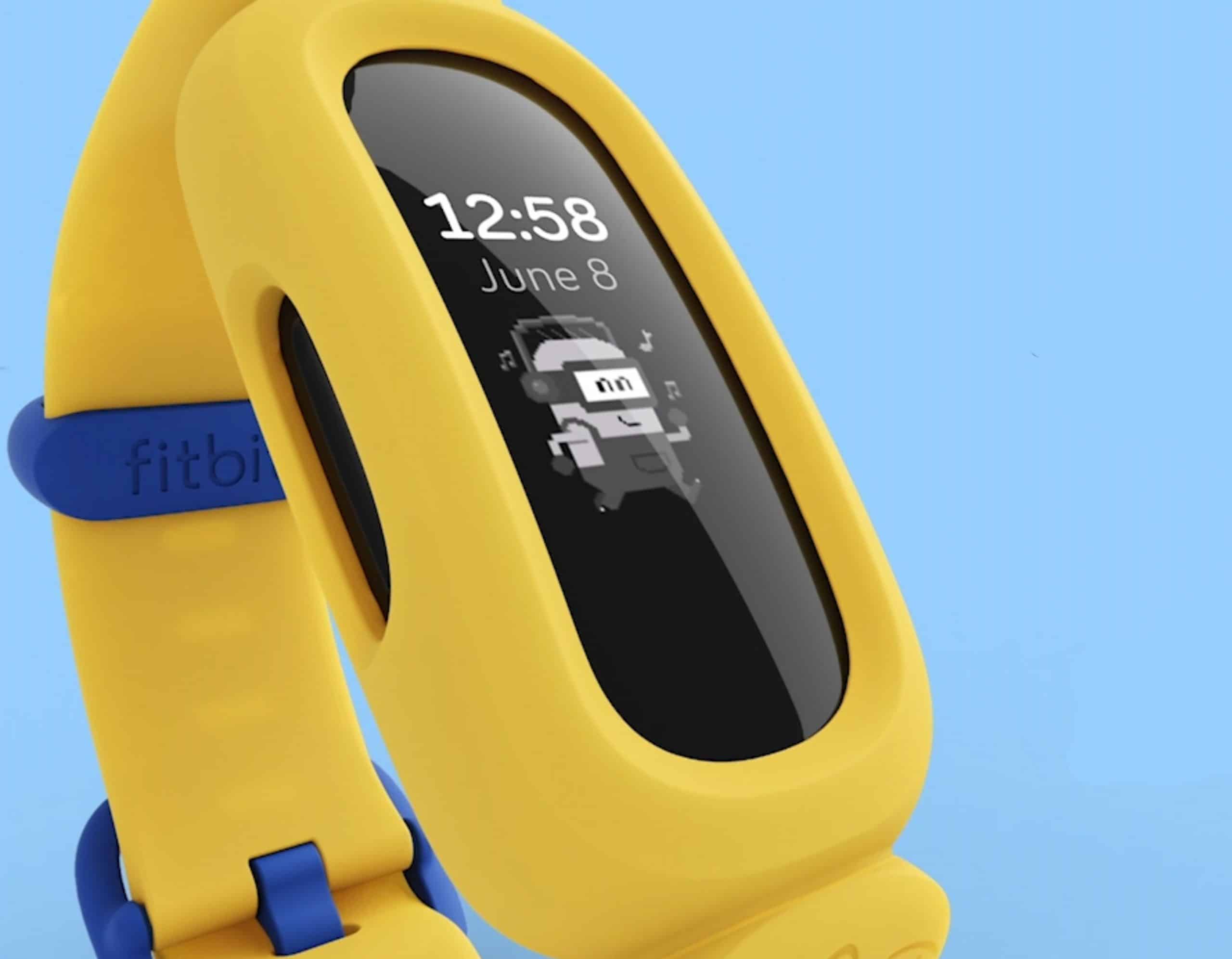
Fitbit announces a Minions activity and sleep tracker for kids
Fitness trackers can help keep children active and introduce ways of staying healthy, but they need to be fun to hold their interest.
Fitbit today introduces the Ace 3 Special Edition: Minions for kids 6+ starring Illumination’s Minions characters. The swim-proof device includes features such as daily activity goals and hourly move reminders.
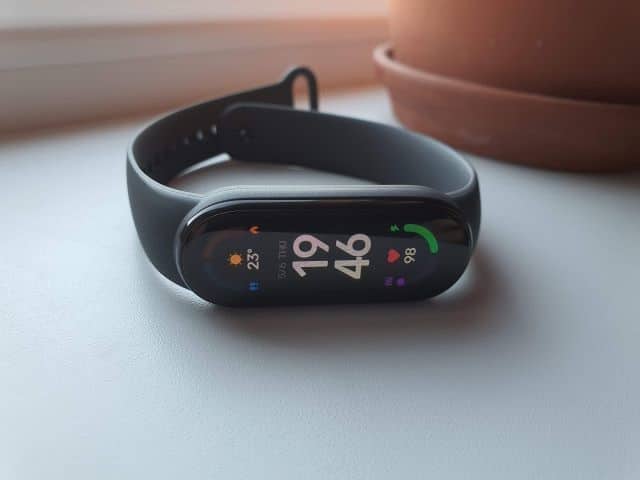
Xiaomi Mi Band 6: The same, but better in every way [Review]
It blows my mind that seven years after Xiaomi introduced the first Mi Band it is still the king of affordable fitness trackers. Think about it. Year after year, it faces stiff competition, yet when all is said and done it blows it out of the water. And it is not like there is any magic involved. The recipe has always been the same.
It has basic fitness tracking functionality, some smart features for extra usability, a classic form factor, and, most important of all, a price tag that makes your jaw stay right where it's supposed to. Unsurprisingly, the new Mi Band 6 follows that recipe to a T, hitting it out of the park for Xiaomi once again. If this were a chess game, it would be checkmate for the 2021 season.

Into the future: Amazon and the rise of personal healthcare
For 100 years, retailers have segmented the broad marketplace into groups -- soccer moms, or Millennials, or New Yorkers, or readers… pretty much every retailer uses target segments like those. But Amazon has never been interested. Instead, it wants a segment of one: you. It gathers information about what you look at, what you buy, your browsing habits. To that it adds information from your purchases -- address and credit cards on file -- as well as your Amazon address book to find those close to you.
It is also the second biggest tracker on the web, after Google, so it follows your activity far beyond the Amazon ecosystem. And it can access the standard sets of information that can easily be sucked in from outside: your credit score, your home ownership, criminal complaints and records…. Amazon probably knows more about you than any other entity on the planet, including your mother and your spouse.
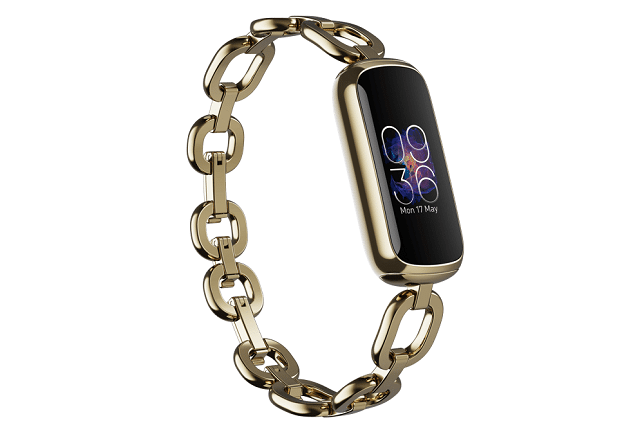
Google's Fitbit Luxe is a stylish fitness tracker
Alphabet own Google. Google owns Fitbit. And Fitbit largely owns... well... the fitness tracker market. Look, Apple Watch might be wildly popular, but for the average consumer, the name "Fitbit" is synonymous with wearables. I have witnessed many people referring to fitness trackers made by other brands as "Fitbit." This behavior is much like consumers calling all adhesive bandages "Band-Aid."
Fitbit's success isn't a mystery. Besides its catchy brand name, the devices are easy to use and are heavily focused on fitness. In other words, Fitbit devices aren't overly complicated. This has lead to their adoption by people that aren't necessarily gadget enthusiasts. Oh, and they have excellent battery life too -- they don't need daily charging like Apple Watch.

5 emerging smart industries in 2021
Though almost all businesses use technology to some degree, some take it to new heights by creating an entire smart industry. With the COVID-19 pandemic as a leading factor that’s forcing change, 2021 will solidify five main smart industries as norms.
Now, as tech leads these industries into the technological future, it’s likely that the smart changes will remain after the pandemic ends.

Hospitals and healthcare hit by global wave of ransomware
October has seen a 71 percent increase in ransomware attacks against the healthcare sector in the US compared to the previous month.
Elsewhere in the world, in EMEA, attacks increased by 36 percent and by 33 percent in the APAC region, according to research from Check Point.

5 ways AI is improving healthcare post-COVID
COVID-19 has highlighted the need for change in the healthcare industry. When the pandemic eventually subsides, medical systems will emerge with the knowledge of where they need to improve. AI in healthcare can and will address many of these issues.
Medical AI is nothing new, with 89 percent of healthcare executives reporting that AI is already helping them. Now that healthcare improvement is a more prominent issue, the adoption of this tech will only increase. The post-COVID medical world will rely on these technologies. Here are five ways healthcare organizations will use AI to improve after the pandemic.

Healthcare organizations growing more concerned about insider threats
According to a new report, 71 percent of healthcare organizations are now more concerened about insider threats than they were before the pandemic.
The study from Netwrix shows that pre-pandemic, these organizations were mostly concerned about employees accidentally sharing sensitive data (88 percent) and rogue admins (80 percent). Today they are worried about phishing (87 percent), admin mistakes (71 percent) and data theft by employees (71 percent).

How COVID-19 sparked a revolution in healthcare machine learning and AI
In the past six months, COVID-19 has evolved from a speck on the world radar to a full-blown pandemic. While it has claimed the lives of many and shed a massive spotlight on some of the major issues in healthcare, it has also served as a catalyst for innovation.
As with nearly every element of the healthcare system, applications of machine learning and artificial intelligence (AI) have also been transformed by the pandemic. Although the power of machine learning and AI was being put to significant use prior to the Coronavirus outbreak, there is now increased pressure to understand the underlying patterns to help us prepare for any epidemic that might hit the world in the future.
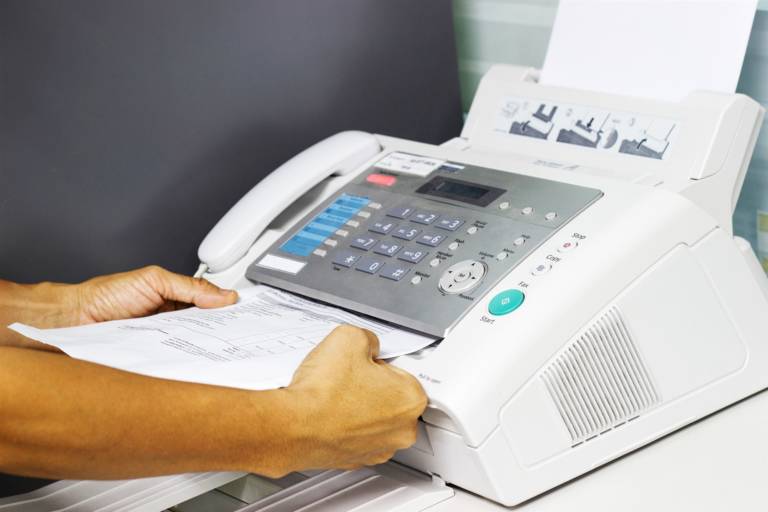
The fax reborn: How COVID-19 gave new life to an unlikely technology
With stay at home orders and the sudden need to securely share sensitive documents from employee’s homes, there has been a significant demand for a surprising technology: the digital fax. Despite industry-wide efforts to digitally transform, the physical fax is still a very common and necessary piece of technology for many organizations.
In fact, 89 percent of small to medium-sized businesses still use faxes in one form or the other, and faxing still dominates communication in several fields. For example, faxing accounts for 79 percent of all communication in the medical industry. These same organizations have been scrambling to support the abrupt shift to remote work and have had numerous roadblocks in the process.
